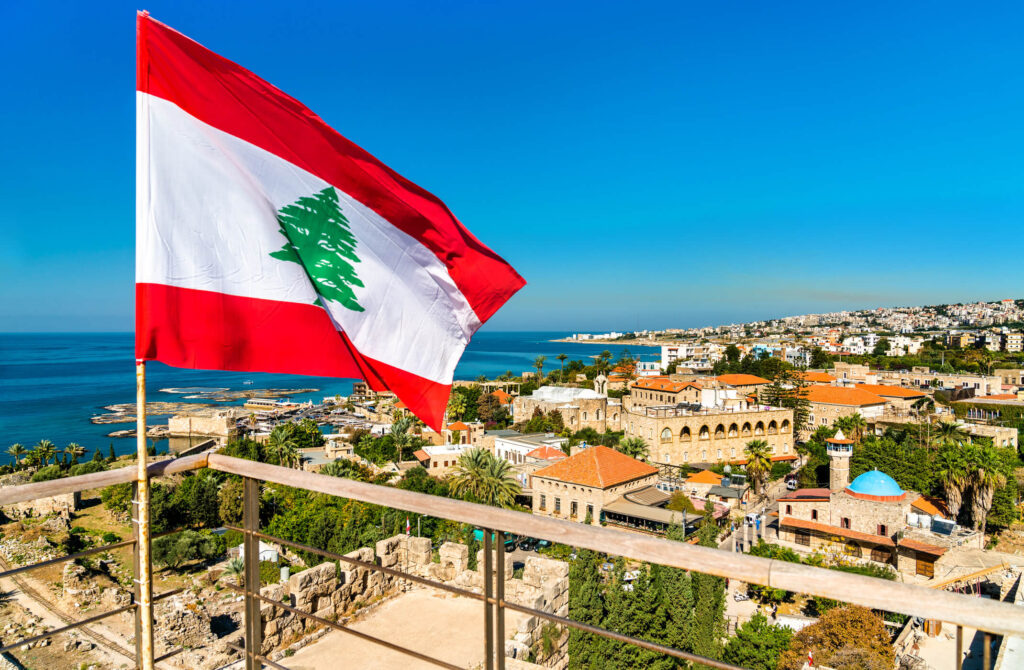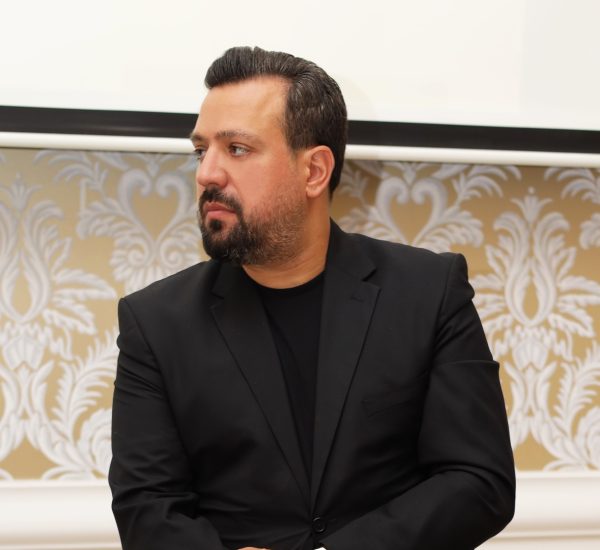Lebanon 2025: Political Stability Fuels Economic Hope and Real Estate Revival

After years of political gridlock and economic despair, a new chapter may finally be unfolding for Lebanon. The election of General Joseph Aoun as president, has sparked fresh hope across the country, with many considering it a turning point toward stability and recovery. This critical political development is restoring confidence in Lebanon’s future and is poised to breathe new life into sectors that have been paralyzed for years, including real estate, a cornerstone of the country’s economy.
Since 2019, Lebanon has faced severe economic difficulties, with the local currency losing over 95% of its value, a banking sector collapse, and widespread inflation. The financial crisis peaked in 2020 when the country defaulted on $29 billions of Eurobonds. However, with the election of a president and the anticipated formation of a new government, optimism is beginning to take root. Investors and citizens alike are hopeful that this newfound political stability will pave the way for critical reforms demanded by the International Monetary Fund (IMF) and the World Bank. These reforms, aimed at restructuring the banking sector and introducing fiscal transparency, are essential for unlocking international financial assistance.
The appointment of Nawaf Salam, a prominent diplomat and former head of the International Court of Justice, as the new prime minister, is also regarded as a pivotal step toward national recovery. With President Aoun, Salam’s leadership is expected to implant much-needed confidence in Lebanon’s ability to attract foreign investment and international aid. These inflows are vital for Lebanon’s economic recovery amidst its severe crises.
This newfound optimism is starting to spread through Lebanon’s real estate sector, which has long been a cornerstone of the economy but has suffered immensely in recent years. Transaction numbers crashed by approximately 85% in 2023 compared to the previous year. The combination of prolonged political uncertainty and the devastating effects of recent conflicts, including widespread displacement and infrastructure damage, contributed to this steep decline. Yet, signs of recovery are emerging as stability begins to take root.

“Over the past four to five years, investors in the property sector froze their projects, hesitant to move forward in such a volatile environment,” explained Eng. Paul-Marc Zegonde, Ray White Lebanon’s Managing Partner. “Now, with the presidential election and the stability it brings to the country, many see this as the perfect opportunity to revive delayed projects and even consider launching new ones.”
Zegonde also pointed to a noticeable shift in how individuals are approaching property transactions. “We’re seeing decisions, especially those involving significant amounts, finally being made. People had been waiting for this moment of calm to make their moves,” he said. The renewed confidence is already reflected in the gradual uptick in both buying and selling activities, offering hope for a sustained market rebound in the upcoming months.
Looking ahead, 2025 is poised to be a defining year for Lebanon’s real estate market, as renewed political stability and economic reforms begin to take shape. Eng. Paul-Marc Zegonde expressed confidence that the current market conditions present a golden opportunity for real estate investments. “This is the year to act,” Zegonde remarked. “With a new government in place and the banking sector showing signs of recovery, we’re likely to see the return of housing loans and greater financial support. Prices are expected to climb in the near future, so 2025 offers a window of opportunity for those looking to buy or sell.”
However, significant challenges remain on the road to recovery. The new administration will need to address the aftermath of recent conflicts, extensive infrastructure damage, and deeply entrenched political and economic issues. Structural reforms, such as tackling corruption and restructuring the banking system, will require political will and collaboration among various factions.
Looking beyond 2025, Lebanon’s ability to sustain this momentum could shape its regional and global standing. A thriving real estate market and successful reforms would not only rebuild trust domestically but could also position Lebanon as a resilient player in the Middle East.
Source: kanebridgenewsme.com